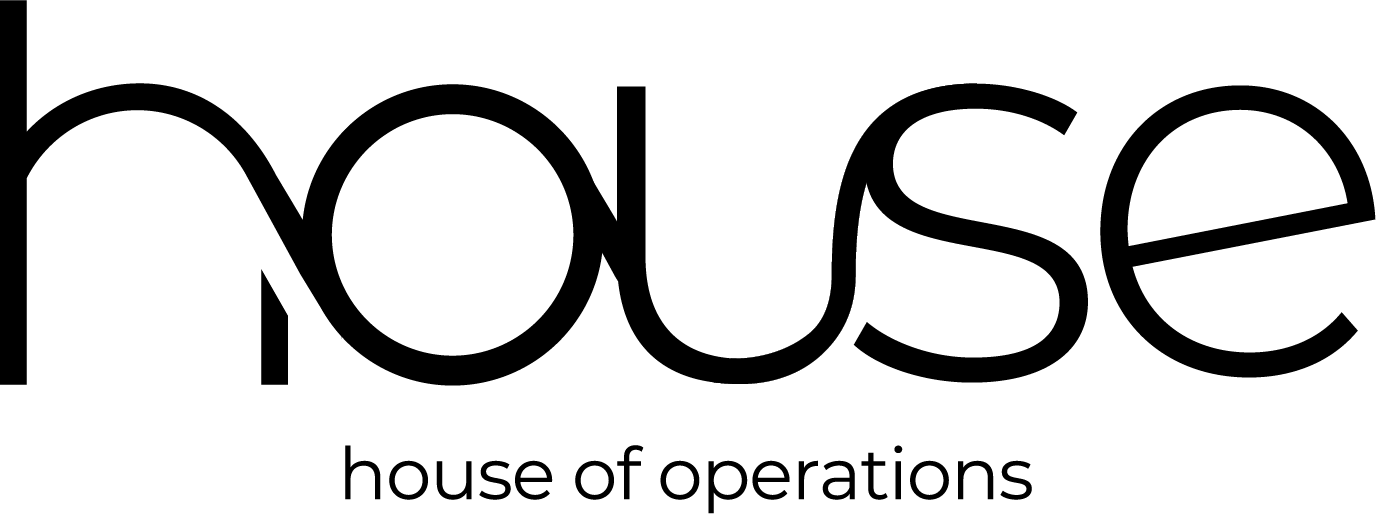Agile Revenue Operations Frameworks for Tech Companies
In an industry that evolves at a breathtaking pace, tech companies must continuously adapt and innovate to stay ahead of the competition. Implementing agile revenue operations frameworks is a powerful strategy to ensure your tech business remains future-proof amidst constant change.
This expert guide will provide invaluable insights into adopting agile methodologies in your tech company's revenue operations, paving the way for greater flexibility, resilience, and adaptability in an ever-shifting landscape.
With a focus on aligning marketing, sales, and customer success teams while streamlining processes, agile revenue operations can propel your tech company to new heights and provide stability amidst market fluctuations.
Understanding Agile Revenue Operations
To effectively implement agile revenue operations methodologies in your tech company, it's crucial first to understand the core principles that underpin this approach:
Collaboration: Agile revenue operations emphasise seamless collaboration between sales, marketing, and customer success teams. This collaborative mindset fosters a unified approach to strategic initiatives and streamlines operations.
Flexibility: Agile frameworks allow for quick adaptation to changing market conditions or new business goals. This flexibility ensures an efficient response to shifting priorities and a constant focus on growth.
Data-Driven Decision Making: Agile revenue operations rely on accurate, real-time data to guide decision-making. This data-driven approach allows tech companies to remain informed and responsive to the evolving industry landscape.
Continuous Improvement: The agile methodology encourages regular reviews and iterative adjustments to existing processes. This focus on continuous improvement drives operational efficiency and long-term success.
Building Cross-Functional Teams
Integrating cross-functional teams is a critical aspect of adopting agile revenue operations methodologies:
Aligning Goals: Ensure that all teams understand and share common objectives for the overall success of the company.
Open Communication: Establish open channels of communication between teams to facilitate effective collaboration and knowledge sharing.
Measuring Performance: Implement unified performance metrics and KPIs for all teams to measure success and drive accountability.
Shared Tools and Resources: Equip your teams with collaborative CRM and project management tools, enabling a seamless workflow and real-time access to vital customer data and insights.
Iterative Planning and Execution
Implementing an iterative planning and execution process is a vital component of the agile revenue operations framework:
Short-Term Goals: Break down long-term objectives into smaller, achievable short-term goals. This approach allows for quicker adjustments to shifting market conditions or new business requirements.
Regular Reviews: Schedule frequent reviews of progress towards short-term goals with cross-functional teams. These reviews enable adjustments to be made based on performance data and market insights.
Adapt and Iterate: Revise strategies and tactics as needed based on the outcomes of regular reviews, ensuring an adaptive approach that remains focused on measurable results.
Celebrate Small Wins: Encourage a supportive culture by recognising and celebrating team successes, even on a small scale. This approach helps maintain motivation and momentum towards broader company objectives.
Data-Driven Decision Making
Data-driven decision making lies at the heart of agile revenue operations, offering critical advantages in an ever-evolving tech industry:
Accurate Data Collection: Implement reliable data collection processes to ensure access to accurate, real-time information on customer interactions, team performance, and market trends.
Regular Data Analysis: Conduct regular data analysis using tools such as CRM platforms and business intelligence software, providing actionable insights into customer behaviour, sales processes, and marketing campaigns.
KPI Tracking: Define and track key performance indicators (KPIs) for all teams across the business. Monitor these metrics consistently to identify areas for improvement and make informed strategic decisions.
Feedback Loops: Establish feedback loops between customer-facing teams and the leadership team, ensuring data-informed decision-making drives the continuous improvement necessary for agile revenue operations success.
Embedding a Learning Culture
Creating and sustaining a learning culture is essential for the successful implementation of agile revenue operations methodologies:
Encourage Curiosity: Foster an environment where team members are encouraged to ask questions, challenge assumptions, and seek out new opportunities for growth and improvement.
Continuous Learning: Invest in training resources, workshops, and coaching to keep teams updated with the latest industry developments, tools, and best practices.
Embrace Failure: Encourage a culture that acknowledges failure as a vital part of learning and iterating. This mindset helps identify areas for improvement and mitigates risks during the ongoing refinement of strategies and processes.
Share Knowledge: Establish initiatives and platforms for team members to share insights, best practices, and emerging trends. This collaborative approach boosts collective knowledge, drives innovation, and reinforces agile revenue operations principles across the organisation.
By embracing these agile revenue operations strategies, tech companies can effectively navigate the complexities of a rapidly evolving industry. In doing so, such businesses will be well-positioned to achieve sustainable growth, long-term success, and an adaptable, resilient infrastructure.
Leverage house of operations Expertise in Agile Revenue Operations
house of operations is dedicated to guiding tech companies in navigating the adoption of agile revenue operations methodologies. Our experienced consultants possess the industry expertise and strategic know-how to ensure your business enjoys the competitive edge that agile revenue operations can bring.
Conclusion
Embracing agile revenue operations methodologies can help tech companies overcome the challenges of a constantly changing industry by fostering a more adaptable, resilient, and efficient business infrastructure. By building cross-functional teams, employing iterative planning and execution processes, and adopting data-driven decision-making practices, your tech company can thrive in a highly competitive market.
Don't miss out on the incredible potential of agile revenue operations to secure the long-term success and growth of your tech business. house of operations is the partner you need for expert insights, guidance, and support in implementing effective agile revenue operations strategies in your organisation, ensuring a successful transition and optimised business outcomes.
Looking to future-proof your tech business and unlock the power of agile revenue operations? Look no further than house of operations. Our seasoned consultants are ready to help your company achieve sustainable growth, resilience, and efficiency in an ever-evolving digital landscape. Contact us today to learn how our expertise as a revenue operations consultant can help your business thrive!
